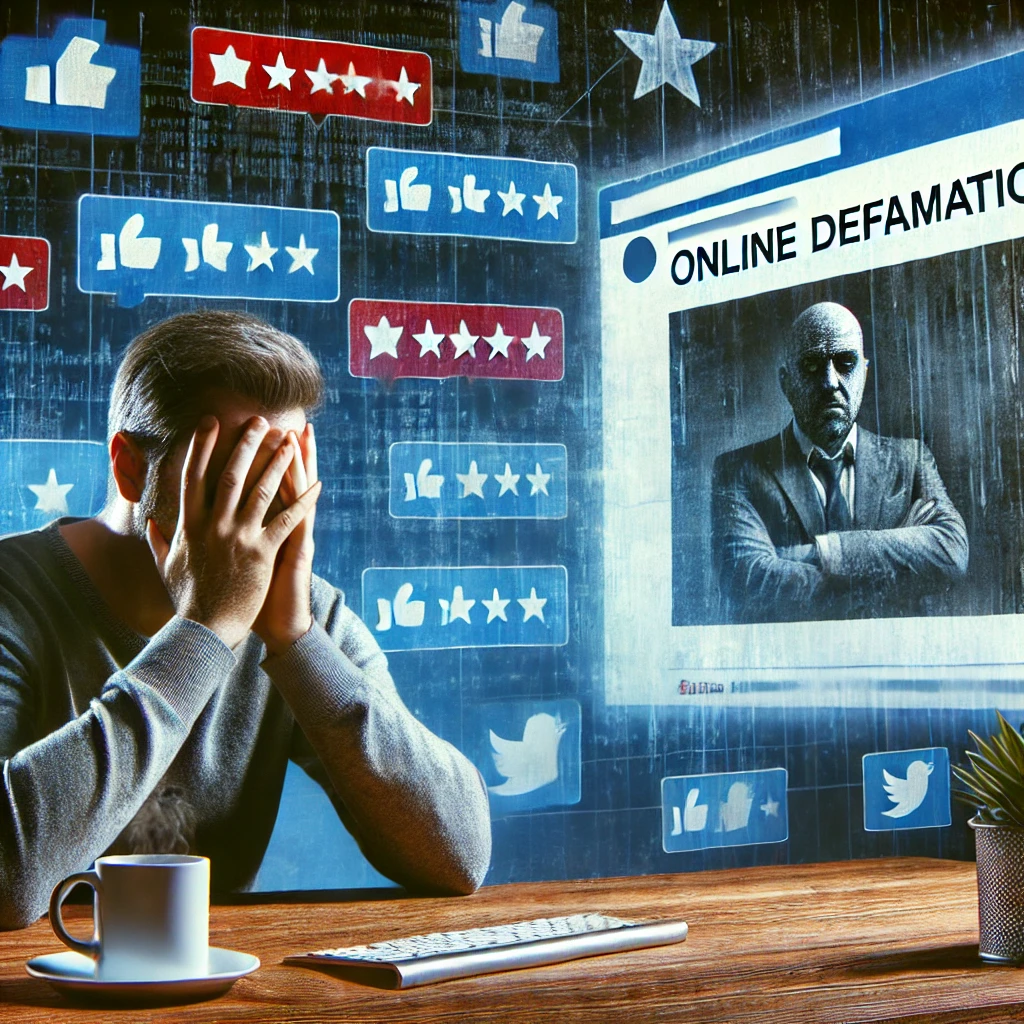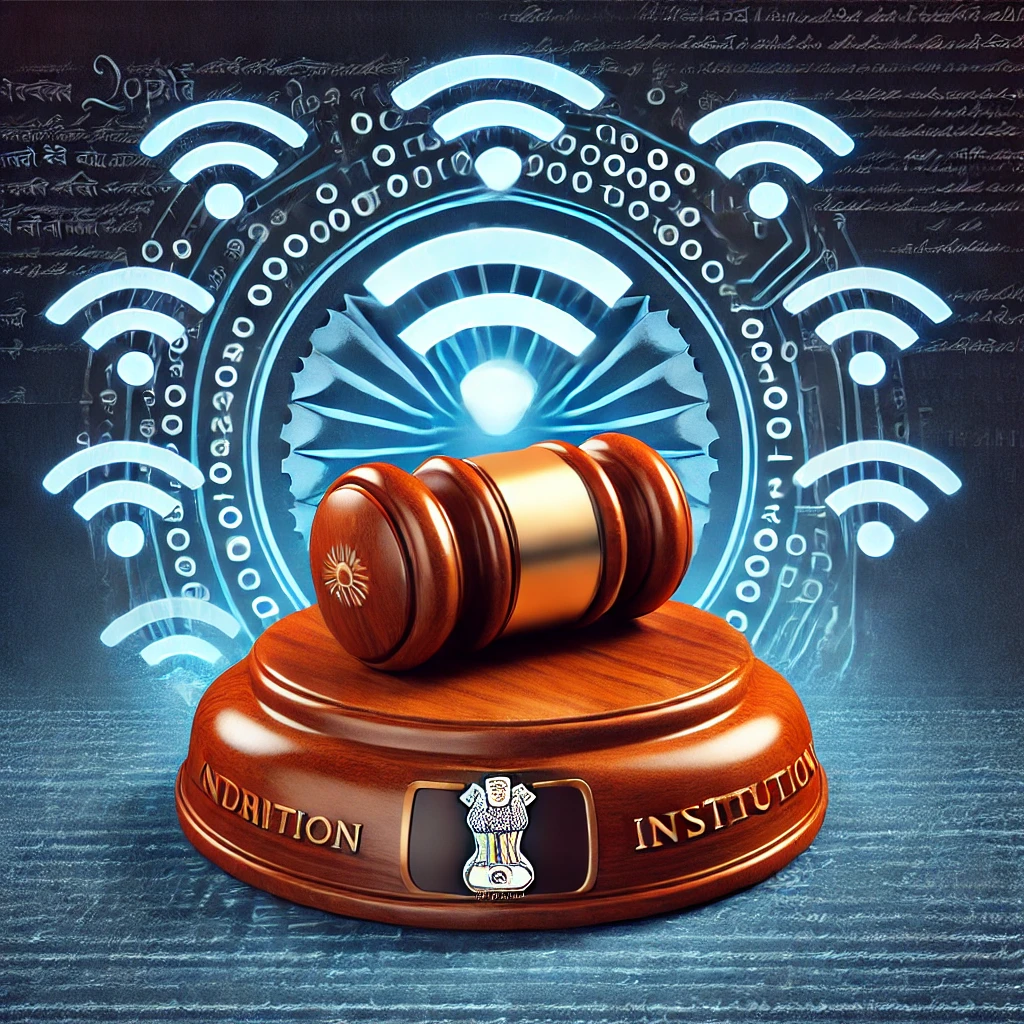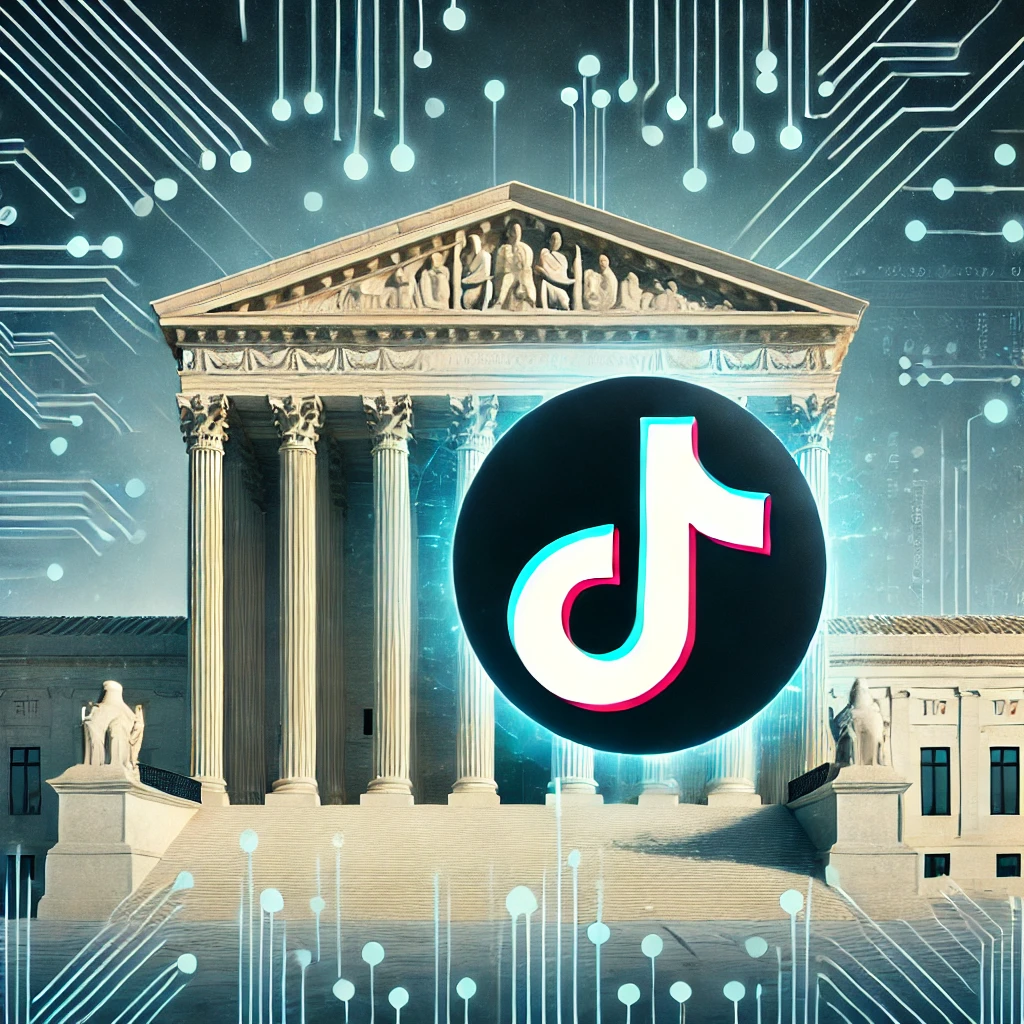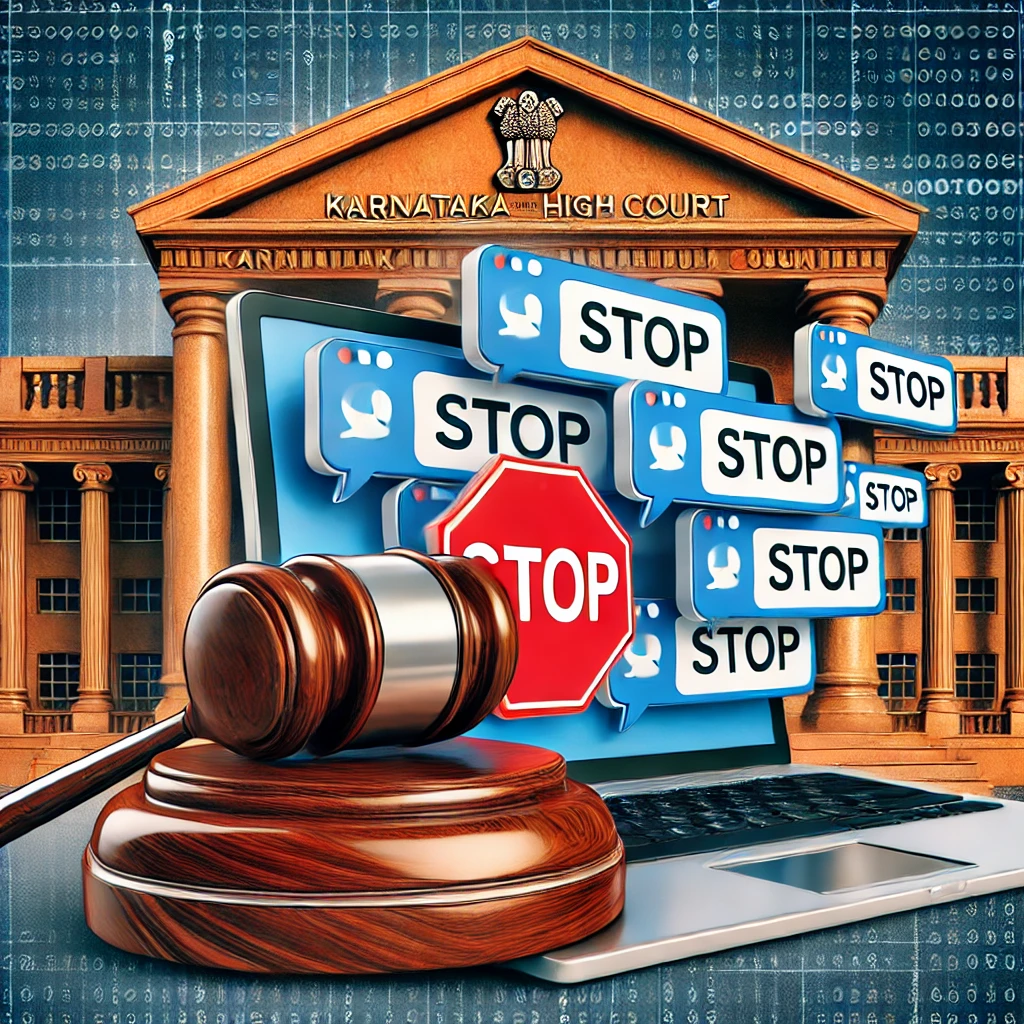Media laws at Ivory Coast
In Ivory Coast (Côte d'Ivoire), media laws are a mix of constitutional guarantees, regulations for broadcasting and telecommunications, and legal provisions that govern the functioning of the press. The media landscape in Ivory Coast has evolved over the years, with a growing recognition of press freedom, but it still faces challenges related to political pressures, defamation laws, and censorship. Below is an overview of media laws in Ivory Coast:
1. Constitutional Protection of Freedom of Expression:
The Constitution of Ivory Coast (2016) guarantees the right to freedom of expression under Article 19, which states that everyone has the right to express their opinions freely through speech, writing, and images.
Article 19 also provides that the freedom of the press shall not be restricted except when it violates national security, public order, or the rights of others.
While the Constitution provides broad protections for free expression, these rights are subject to limitations for reasons such as national security, public order, or protection of public morals.
2. Broadcasting and Telecommunications Laws:
The regulation of broadcasting and telecommunications in Ivory Coast falls under the jurisdiction of the Conseil National de la Communication Audiovisuelle (CNCA), which is the national media regulatory authority.
The CNCA oversees licensing, content standards, and ensures that broadcasters adhere to regulations related to public service obligations, media pluralism, and diversity in the media market.
Law No. 2011-408 of 2011 on audiovisual communication regulates both public and private broadcasters. It ensures that the media reflects a diversity of viewpoints and promotes democratic principles.
Ivory Coast's telecommunications sector is regulated under Law No. 2012-1122 of 2012. This law focuses on the regulation of telecom services, including internet service providers and mobile networks, which has an impact on how media content is disseminated.
3. Defamation and Media Liability:
Defamation is both a civil and criminal offense in Ivory Coast. Media outlets can be held liable for publishing content that defames individuals or entities, with penalties including fines or imprisonment for the responsible parties.
Criminal defamation laws are still in effect, and individuals can press criminal charges for defamatory remarks. The penalties can include prison sentences or heavy fines.
Civil defamation suits are also common, where plaintiffs can seek financial compensation for damage to their reputation.
These laws have been a point of concern for journalists, as defamation cases can sometimes be used to stifle investigative journalism or criticism of public figures.
4. Media Regulation and Ownership:
Ivory Coast’s media market includes both state-owned and privately owned outlets, with a mix of national and regional media outlets.
The state-run media is dominated by outlets like Radiodiffusion-Télévision Ivoirienne (RTI), which is the national public broadcaster that operates television and radio channels.
The private media sector has grown in recent years, with newspapers, television stations, and radio channels offering a variety of content. However, the media landscape is still relatively concentrated, with a few major players dominating the market.
The CNCA plays a central role in regulating media ownership and ensuring diversity, preventing any single entity from monopolizing the media space. Nevertheless, media concentration remains a concern in Ivory Coast.
5. Press Freedom and Censorship:
Ivory Coast’s media landscape has faced challenges related to press freedom. Although the Constitution guarantees freedom of expression, journalists and media outlets have at times faced political pressure, censorship, and restrictions on reporting.
During political crises or conflicts, especially during the civil war and post-election violence in 2010-2011, there were instances of media censorship and closures of media outlets. The government has sometimes used legal measures to silence critical voices in the media.
Censorship can be imposed in times of national emergency or when there are concerns about public order. In particular, media outlets critical of the government or political elites have been subject to harassment or legal action.
6. Access to Information:
Ivory Coast does not have a comprehensive Freedom of Information (FOI) law that guarantees access to government-held information. However, certain laws allow for limited access to public records.
Journalists often face challenges when seeking information from government bodies or state-owned enterprises. This lack of transparency can hinder investigative journalism, especially on topics related to corruption, governance, or public spending.
Calls for greater transparency and the establishment of a formal FOI law continue, as civil society organizations push for more accountability from the government.
7. Protection of Journalists and Safety:
Ivory Coast has witnessed periods of violence and intimidation against journalists, especially during times of political unrest. Journalists have been threatened, assaulted, or even killed in connection with their work, particularly when reporting on sensitive topics such as corruption or political violence.
International organizations like Reporters Without Borders and Human Rights Watch have raised concerns about the safety of journalists in Ivory Coast, urging the government to protect press freedom and ensure that journalists can report without fear of reprisals.
There is no specific legal framework for the protection of journalists, but various organizations are working to improve journalist safety and freedom of expression.
8. The Internet and Social Media:
The internet has become an important tool for communication and information dissemination in Ivory Coast, with increasing numbers of people using online platforms to share news, opinions, and engage in social activism.
The government of Ivory Coast has occasionally used measures to control online content, especially during political crises, by blocking access to certain websites or censoring social media platforms.
The Telecommunications Law regulates internet service providers and online content, with some oversight of digital media, including provisions related to privacy, data protection, and electronic communications.
Social media platforms like Facebook, Twitter, and WhatsApp are widely used in Ivory Coast, and they have played a significant role in mobilizing protests and sharing political news. However, they are also subject to the same concerns about censorship and restrictions on freedom of expression.
9. Political Influence and Media Independence:
The media in Ivory Coast has historically been influenced by political elites and powerful economic interests. During the period of political instability, media outlets often took sides in the political conflict, leading to concerns about the independence and impartiality of reporting.
State-owned media outlets are often viewed as being aligned with the government, which has raised concerns about the diversity of viewpoints and the independence of the press.
Private media outlets are more independent but are still subject to political pressures, especially during elections or periods of political instability.
10. International Influence and Legal Standards:
Ivory Coast is a member of several international organizations, including the African Union (AU) and the Economic Community of West African States (ECOWAS), both of which advocate for press freedom and the protection of journalists.
The country also adheres to international human rights agreements, including the Universal Declaration of Human Rights (UDHR) and the African Charter on Human and Peoples' Rights, which provide frameworks for protecting press freedom and freedom of expression.
Conclusion:
Ivory Coast has a relatively developed legal framework for media regulation, with constitutional protections for freedom of expression and a regulatory body (CNCA) overseeing broadcasting and telecommunications. However, the media landscape faces significant challenges, including censorship, defamation laws, political influence, and threats to journalists’ safety. While there has been progress in media diversification, the concentration of media ownership and political pressures remain a concern. Calls for stronger protections for press freedom and a formal Freedom of Information law continue to grow, as civil society organizations push for greater transparency and accountability.




















0 comments